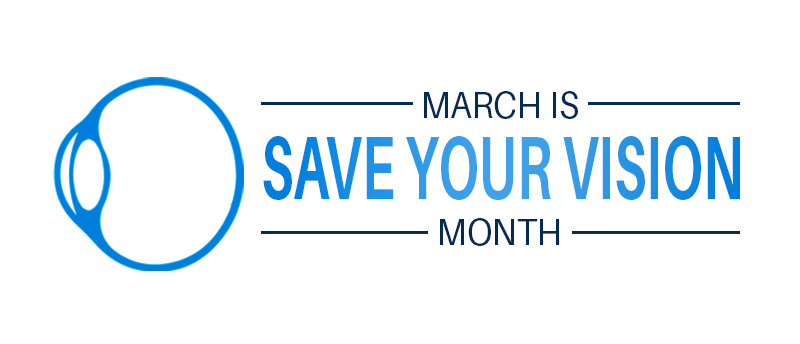
Keeping your body and eyes healthy can help save your vision as you age. Vision gradually decreases as we grow older, and conditions such as presbyopia may arise. The hardening of the lens causes presbyopia as a part of the natural aging process. The lens becomes less flexible, making it difficult to focus on things near and far. If you want to keep your eyes and vision healthy, here are some tips to follow. [Read more…] about Save Your Vision

